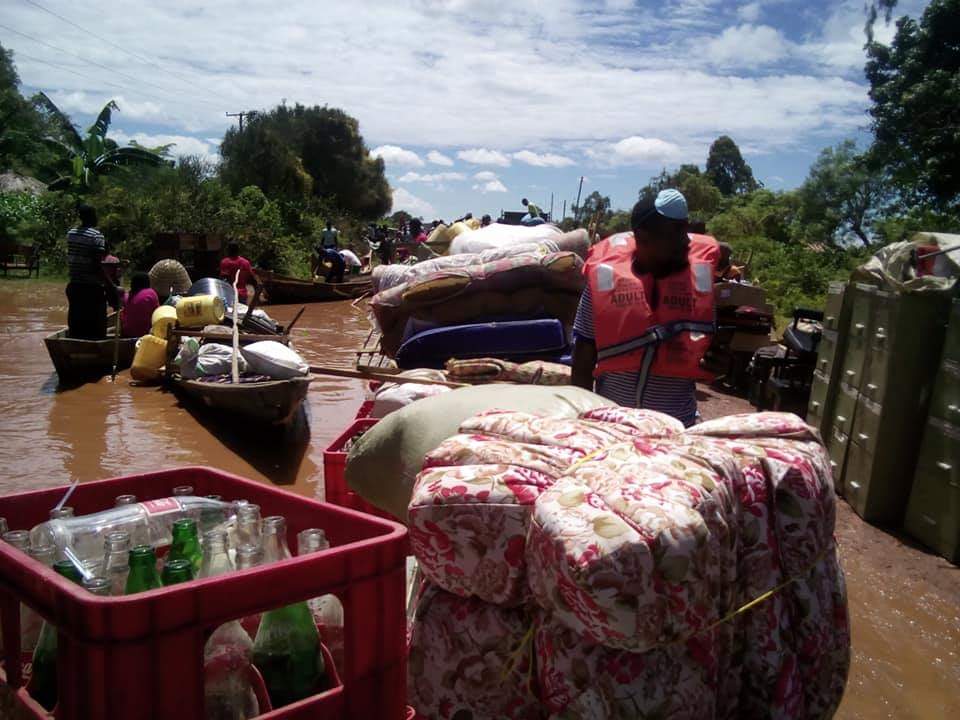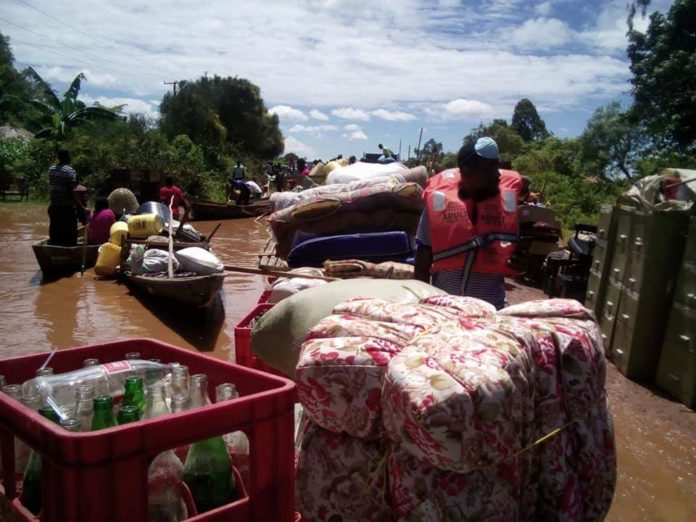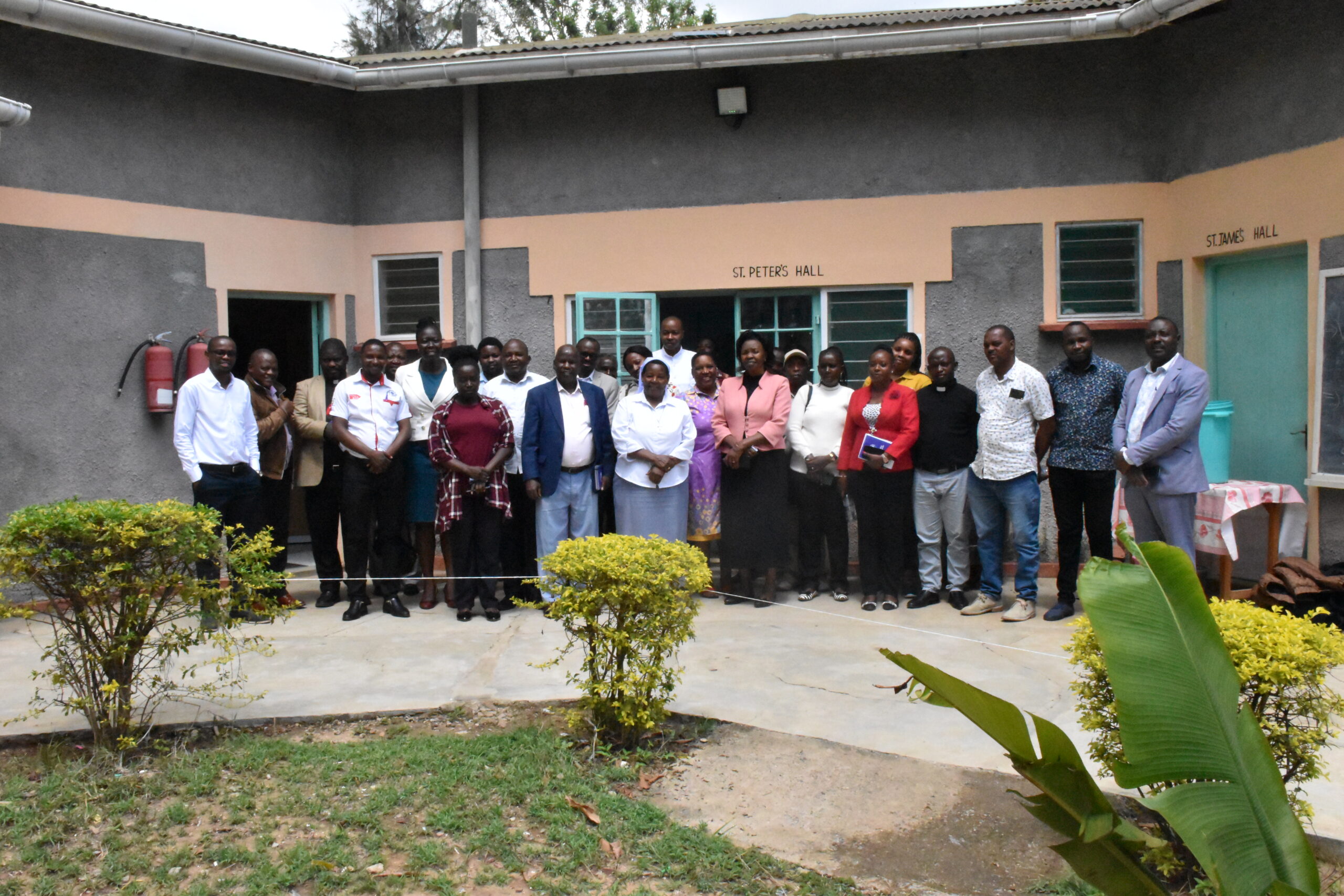By Katheru Njagi
Nairobi, Kenya: An international charity has raised alarm over worsening floods in eastern Africa, a situation that is exposing the elderly to the new COVID -19 infection.
According to HelpAge International, flooding in the region has left hundreds of older people dangerously exposed to COVID-19 due to living in crowded, confined places.
Heavy rains have triggered devastating floods in recent weeks, in Kenya, Ethiopia, Rwanda, Somalia, and Uganda, killing hundreds of people and forcing tens of thousands from their homes.
“Urgent support is needed for older people who have been left stranded and exposed to the potentially fatal COVID-19,” said Carole Ageng’o HelpAge’s Africa Director.
Medics say physical distancing and basic hygiene practices are being universally endorsed, particularly for older people who face the highest risk of serious illness or death if they contract COVID-19. But these cannot be done when people are forced to flee their homes and live in emergency conditions.

“While attention is focused on the very real danger of COVID-19, this is not an excuse to ignore broader humanitarian crises triggered by climate disasters. The floods create a very real risk of malaria, pneumonia, and malnutrition, which can be just as deadly as the virus,” said Ageng’o.
Meanwhile, people living with HIV/AIDS have no access to vital life-saving anti-retrovirals following heavy floods in Siaya County in Western Kenya that led to the displacement of over 5,000 families. The floods which began in April led to the River Nzoia bursting its banks engulfing people’s homes and fields.
Daniel Odipo of the Kenyan Society of People Living with HIV/AIDS (KESPA) says that older people living with HIV/AIDS can no longer access their anti-retroviral medicine and services that they need to keep themselves alive.
“People, whose immune system is already compromised, are now living in very precarious conditions in empty school classrooms, many of which have no doors or windows. They are exposed to the cold as well as mosquitoes, which leaves them exposed to malaria. They are also at risk of COVID-19 as they are living in crowded and cramped conditions, with no access to masks, gloves, or hygiene facilities to protect them from the virus,” said Odipo.
Odipo said latrines have been submerged and there is very little food available.
“People urgently need food and bedding. I know there is the added challenge of COVID-19, but even without that, people don’t get the support they need,” he said.













